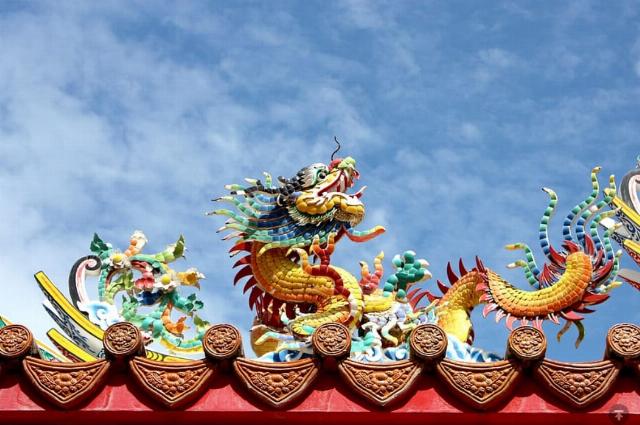Yes, they’re peasants. That’s exactly the problem.
When Vice President J.D. Vance recently referred to Chinese laborers as “peasants,” the global elite had a meltdown. Beijing fumed. Media outlets gasped. The internet howled with righteous indignation. But not one of them stopped to ask: Was he wrong?
Here’s the inconvenient truth: He wasn’t.
The average Chinese factory worker — the person stitching your shirt, assembling your smartphone, or forging the parts under your car hood — makes $500 to $800 a month. They often work 12- to 16-hour shifts, live in cramped dormitories, sleep in rotating hot beds, and rarely if ever get a weekend off. Many of them are children, quietly working under the radar of official policy. They’re not living in a modern middle-class society — they’re toiling in what can only be described as a high-tech, low-freedom version of the Industrial Revolution.
They don’t own property. They don’t own vehicles. They don’t own their time. They’re peasants — in the historical, economic, and human sense of the word.
So let’s ask the real question: Why did the world react more strongly to J.D. Vance’s word choice than to the brutal reality that word describes?
Because we’re addicted to outrage and allergic to truth.
It’s not offensive to call out the exploitation of labor. What’s offensive is the silence of so-called human rights defenders who look the other way while the global economy runs on underpaid, overworked laborers in Communist China. It’s offensive that we outsource our manufacturing to a regime that crushes dissent, jails journalists, surveils its own people, and floods our markets with cheap goods — then demands that our politicians speak delicately about it all.
Spare us the pearl-clutching and the delicate left’s case of the vapors. This isn’t about tone. It’s about truth.
The vice president wasn’t demeaning Chinese workers. If anything, he was dignifying them by acknowledging that they’re being used — by their own government and by Western corporations who profit off their poverty. And yes, I’ll say it: Many of us feel guilty when we buy products stamped with “Made in China.” We know the truth. We just don’t want to say it out loud.
Even China’s so-called “white-collar” workers — engineers, coders, tech developers — earn a meager $15,000 to $30,000 per year. In America, that’s below the poverty line. You don’t get to be offended by the word “peasant” when you’re running a regime where even your skilled workers can’t afford a basic mortgage.
So no — J.D. Vance wasn’t being crass. He was being honest. And honesty, as it turns out, is rare and threatening in a world built on economic hypocrisy and moral cowardice.
If the Chinese Communist Party doesn’t like the term “peasants,” maybe it should stop treating its citizens like them. And maybe we should stop building our supply chains and consumer comforts on the backs of those who have no voice.
Truth isn’t offensive. Exploitation is.
Maureen Steele is co-founder of the American Made Foundation.

Image via Pxfuel.





